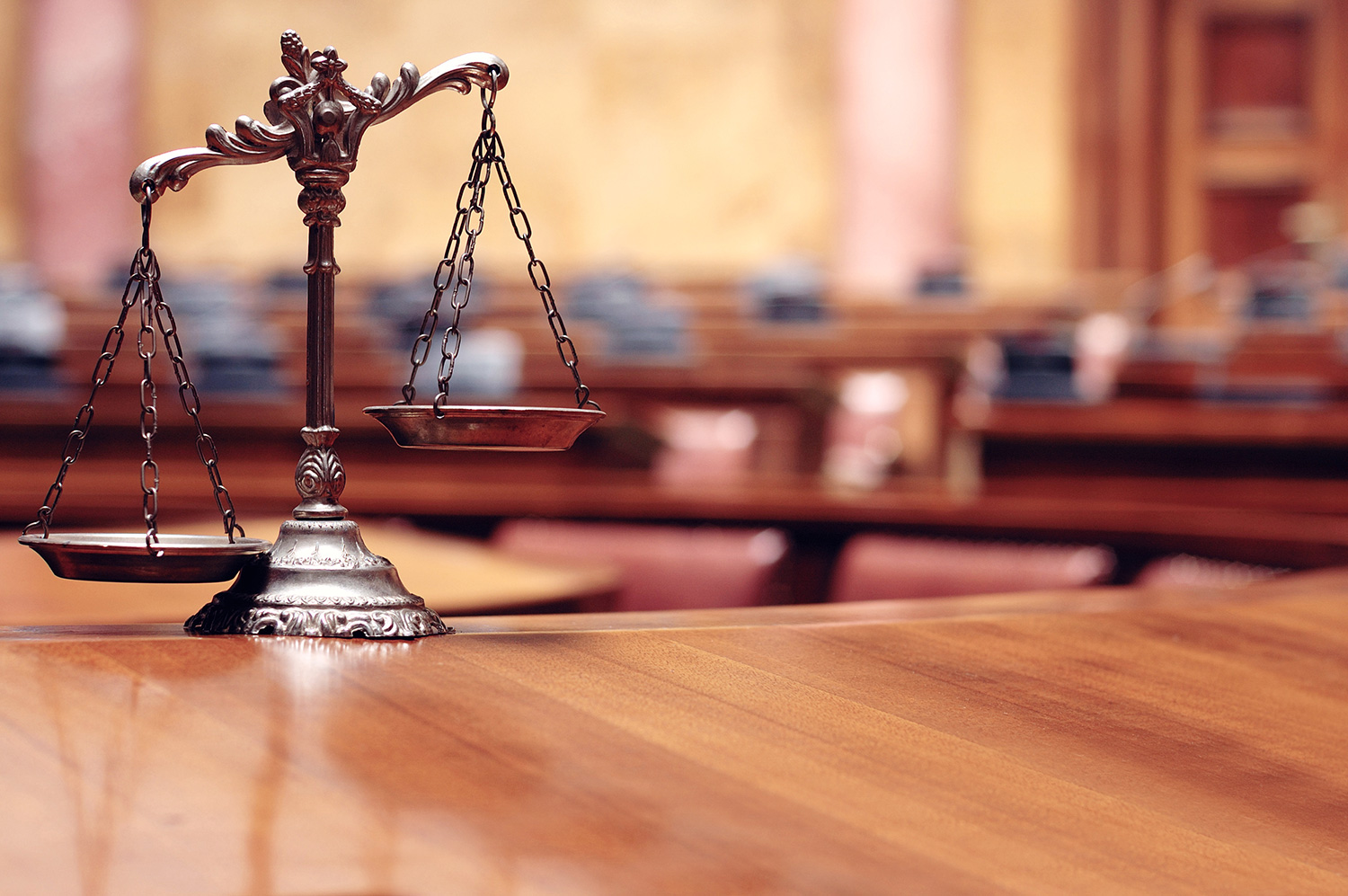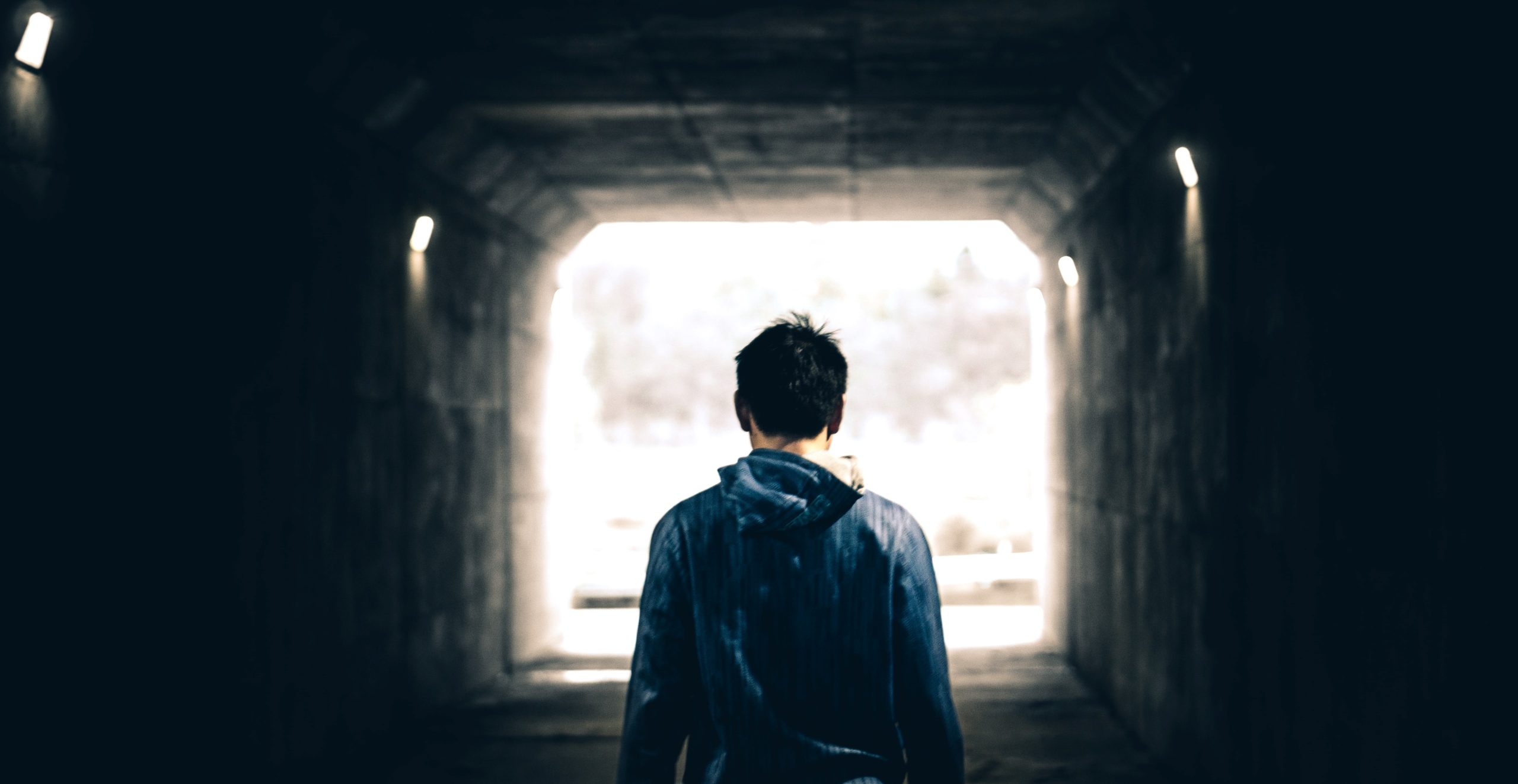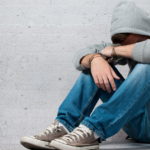When a juvenile is charged with a felony and they are at least 16-years-old, the DA can file a request to transfer the case to adult court. After a hearing the court can transfer the case and the minor will be treated as an adult.
Now, there is an incredible loop hole to fix the injustice of this system- AB 1423 permits that kid to come back to juvenile court if the original charge is reduced after a trial or a plea deal.
Welfare and Institutions Code section 707.5 permits a minor whose case has been transferred to adult court to return to the juvenile court for disposition (sentencing) if they went to a jury trial and were not found guilty of the felonies that were the basis of the transfer, or if the entered a plea to less serious felonies or misdemeanors. This is an incredible change to our juvenile system that will balance out unfair sentencing for minors. In the juvenile system, a minor that admits to a felony may be looking at a few months in jail and a year of probation and a dismissed case and sealed record. Whereas, a juvenile that was transferred to adult court and found guilty of the same felony could end up doing years in prison and have the criminal record to follow them throughout their life.
There were two completely different paths for minors that ultimately were “convicted1” of the same offense, based on one being transferred to adult court. This disparity is being rectified. Justice shouldn’t differ based on where you live, the color of your skin, the wealth of your family, or who the DA is that is prosecuting you. Unfortunately, these circumstances play a hand everyday across the United States. By implementing Welfare and Institutions Code section 707.5, there is recourse in California for the minor who was thrown into adult court, but after the facts of the case are litigated it is found that the crime was not as serious as what was initially charged. That young boy or girl can return to juvenile court and be offered rehabilitation and the hope of a future not tarnished by bad choices of childhood.
__________________
1 In the juvenile court a finding that the allegation is true is not considered a conviction.







